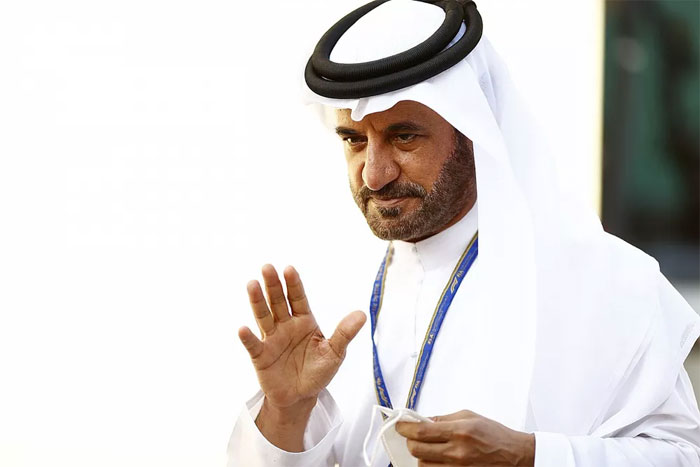Mohammed Ben Sulayem took over as FIA president from Jean Todt at the end of December last year, but he is not surfing calm waves. On the contrary. There is a lot of work to be done within the FIA. One of the spearheads is the training of new race directors, explains Ben Sulayem.

Mohammed Ben Sulayem took over as FIA president from Jean Todt at the end of December last year, but he is not surfing calm waves. On the contrary. There is a lot of work to be done within the FIA. One of the spearheads is the training of new race directors, explains Ben Sulayem.
Michael Masi was removed after the controversy in Abu Dhabi in 2021. Niels Wittich and Eduardo Freitas now alternate, but they have no history in Formula 1. In fact, no one was ready and the FIA wants to avoid a similar situation in the future. That means a lot of investment is needed now.
"It's the height of the sport and the height of technology, and then we have to look for race directors," Ben Sulayem told Grand Prix 247. He enlisted the help of the GPDA (Drivers' Association).
"I was asking them to help me find the directors we need: do I go to Google or do I look for Amazon... This is not an overnight decision! You have to find them and create them and train them," he continued.
Finding a suitable race director is not easy, which is why the FIA wants to train them early on so that they can also be brought in gradually. "We need to train them to replace. If we don't do that now, we will have the same problem the following year. So we are training people," the president explained.
In doing so, the FIA says it has already started with "FIA virtual race control." VAR was presented as an addition in the Abu Dhabi GP investigative report, but in practice, at first glance, F1 does not seem to benefit tremendously from it. According to Ben Sulayem, it helps the stewards during a race weekend and ensures that they are better trained.